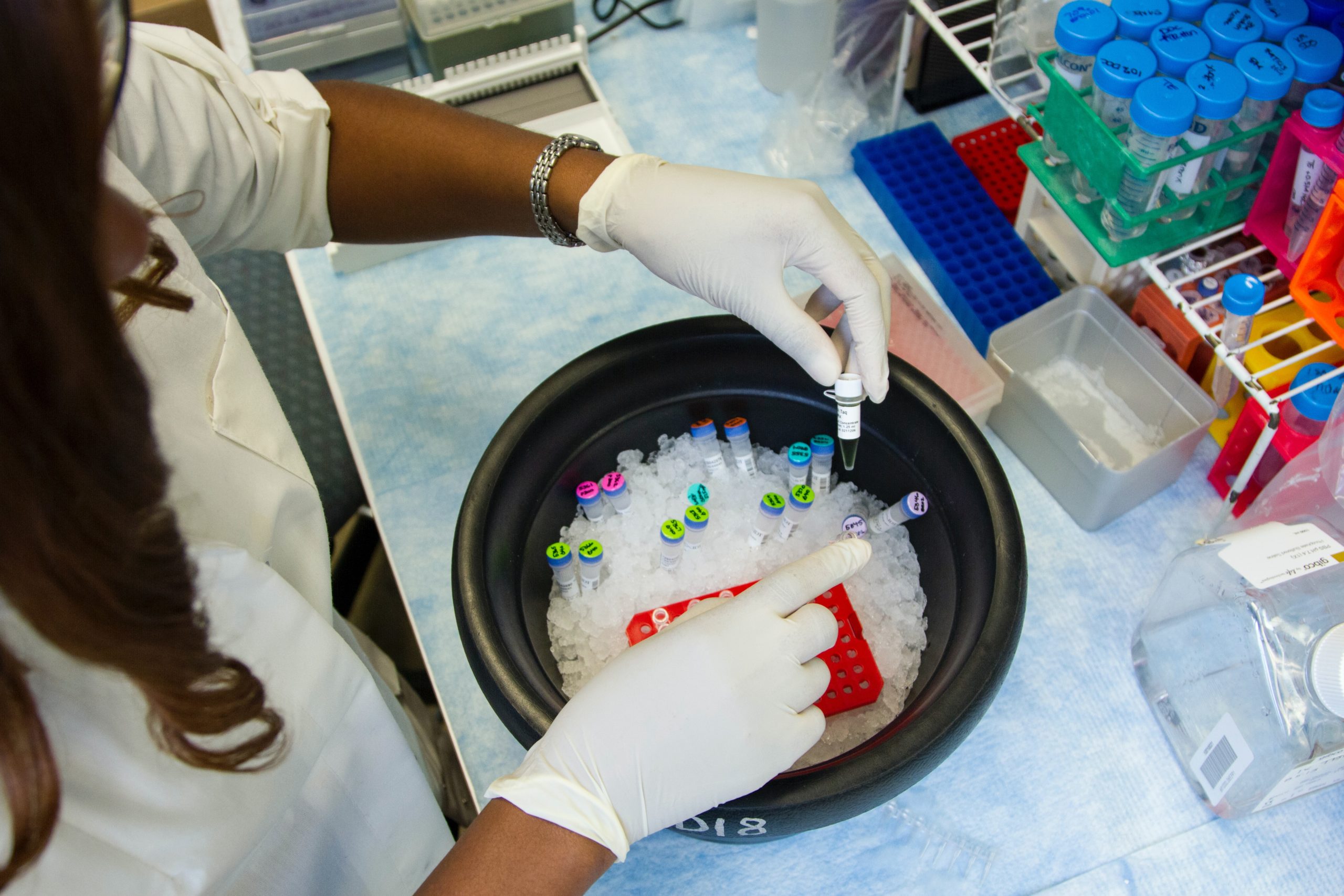Transparency needed in Latin America’s health purchases
The global COVID-19 pandemic has changed the world in a way that seemed unimaginable only weeks ago. While governments struggle to keep their health systems afloat, stocks dwindle and prices of medical equipment surge. In response, the call for transparency and accountability in health procurement is growing. A call that is shared by Hivos’ Open Contracting partners in Latin America, who stress the urgent need for open government principles and human rights to be at the core of the response.
“In a short period of time, we saw the price of protective masks, sanitizer gel, and other medical equipment go up drastically in many Latin American countries,” says Eduard Martín-Borregón. He works as Director of Data, Journalism and Technology for the Mexican-based civil society organization PODER. “And while prices soared, it became increasingly difficult to access information related to the procurement of any of these items.”
“This worried us, so we started mapping all COVID-19 related information on medical procurement and shared it with others in the region,” he adds. PODER is part of a cross-border investigation network of media and news organizations from all over Latin America (Red-PALTA). It monitors use of public money, identifies patterns of malpractices, and reveals cases of national and international corruption.
“Throughout the region, we see governments taking opaque measures. And that is worrisome because governments are in fact responsible for the health of their citizens. We all depend on functioning health care systems. With that, come the purchasing contracts. We want to see how the right to health is guaranteed through those contracts,” says Martín-Borregón.
The role of Open Contracting in this crisis
The Guatemalan media project Ojo Con Mi Pisto (Be Careful with my Money) provided the network with a poignant example. Their research revealed that some local governments are now paying as much as 9 USD per surgical mask. This is almost four times the regular price. By shining a light on price gouging, they help health care workers, civil servants, journalists, and others identify corrupt or otherwise unethical suppliers and improve the system.
Civil society involvement in purchasing processes is critical to respond effectively to this crisis. In Ukraine, civil society actors were key in building the open public e-procurement system Prozorro. Now, all emergency contracts are published here in full. This makes it easier to check and compare medical suppliers and ensure better services.
When we have more information, we can better understand the problem we’re looking at.
In this way, open contracting – fast, responsive, and accountable public health procurement – may make a real difference in a response under pressure. As Gavin Haymann from Open Contracting Partnership writes in an op-ed, it is crucial that civil society can show where spending can be more effective at a time when governments are facing a crisis like COVID-19.
Testing, testing, testing
Having a culture of open data and access to information can potentially save lives. That is especially true during a pandemic. Daniel Ambelis, data analyst at the International Treatment Preparedness Coalition (ITPC-LATCA) in Guatemala, explains why. “We have 46 confirmed cases of COVID-19 in the country at the moment (ed. as of April 2). But the government is testing only 0.27 people out of 100.000. We’re concerned there may be many more people infected. Guatemala is among the countries in Central America that have conducted the fewest number of tests.”
That’s why he requested all contracting data related to COVID-19 from the Ministry of Finance. This includes all COVID-19 purchases and the companies contracted to deliver the supplies. “When we have more information, we can better understand the problem we’re looking at. We’ll know if local governments are buying enough medical supplies for those in need and whether this meets the demand. On top of that, with more information we’ll know whether or not there are malpractices within the pharmaceutical industry, for example companies selling faulty tests to the government.” After analyzing the data, Ambelis is able to make suggestions on how the government can spend its resources more efficiently.
A positive note
Ambelis is optimistic about the approach. “This crisis has shown the importance of having open data portals and how the analysis of data can help us fight against COVID-19.” Martín-Borregón agrees and points to the importance of openness in contracting in the long run. “We must reshape our thinking about public health systems. If we had had a transparent and open system by now, our immediate response could have been more effective.“
We must reshape our thinking about public health systems.
“But,” he says after a pause,” let me finish on a positive note. We won’t stop promoting the use of open information and open contracting. These are the building blocks of an accountable society that respects the rights of its citizens. And in the end, those rights are what we have and fight for.
Hivos and Open Up Contracting
Both ITPC-LATCA and PODER are part of a pilot organized by Hivos under our Open Up Contracting program. The aim is to create more equal access to treatment and quality health services for people living with HIV in Guatemala.
PODER analyzed drug procurement contracts with information that ITPC-LATCA and others provided and turned this into visualizations (see https://www.vivirconvih.org/ and http://livingwithhiv.org/). ITPC-LATCA then used the visualizations to inform the government of the needs and demands of people living with HIV to help it spend available resources more efficiently.
Some medicines for people living with HIV have been considered as a possible treatment for COVID-19. Both organizations are worried about the impact this may have on their availability for people living with HIV. “Increased demand for these medicines would create shortages and raise the price for those living with HIV,” warns Ambelis.
The public contracting process is complex and can be difficult to understand. In Open Up Contracting, Hivos and our partners work to conduct oversight of these deals. Seeing the health sector through the lens of open contracting has had a positive effect on the lives of people living with HIV. To fight the virus effectively, we need to spend public money effectively. To do so, we need open systems and visibility in the flow of public money more than ever. So the lessons we’re learning now during the COVID-19 crisis should remain with us going forward.


